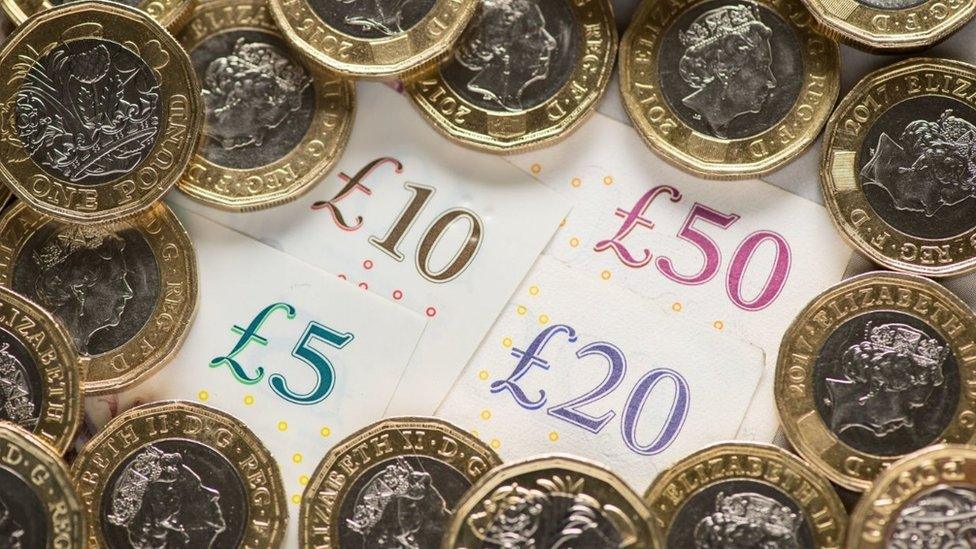Cost of living crisis: Sir Keir Starmer faces questions from kids
- Published
- comments
Children interview Sir Keir Starmer about the cost of living crisis
"Would the cost of living crisis be so bad if Labour were in charge?"
As part of a special series Newsround is giving kids the opportunity to speak to the leaders of different political parties in the UK, to find out what they think about issues like the cost of living crisis.
In this interview we speak to Labour leader Sir Keir Starmer.
Asked how he would tackle the issue of people struggling to buy food and pay bills, Sir Keir said: "I don't want to live in a society where people have to go to foodbanks to live. I want to live in a society where people have got enough money in the first place to be able to get the food they need."
He said that Labour would tax oil and gas companies to stop the energy price cap from rising in the UK, invest in renewable energy, like wind and solar power, and insulate more homes to keep heat in.
What have other UK political parties said on the cost of living crisis?
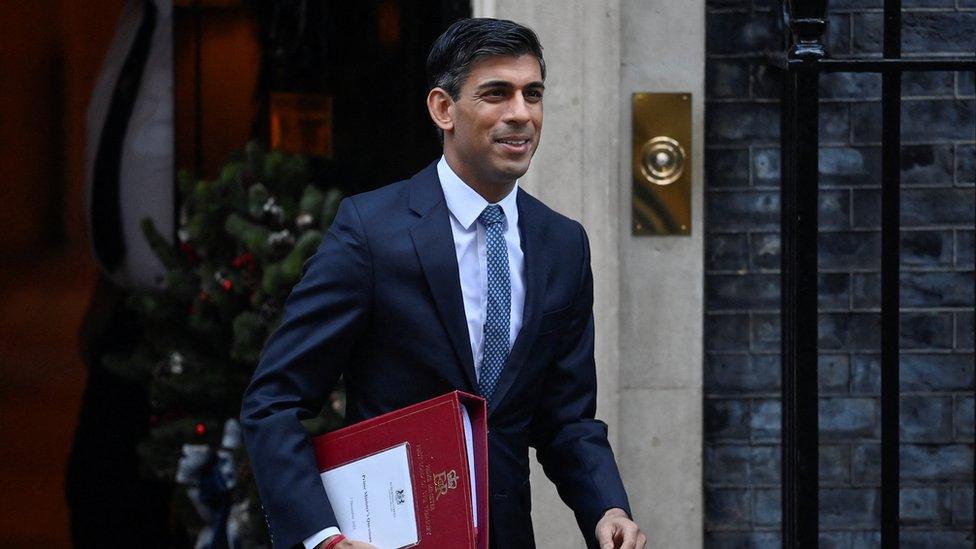
Prime Minister Rishi Sunak has announced a number of schemes to help with the cost of living
England
The Conservatives, led by Prime Minister Rishi Sunak announced earlier this year that two payments adding up to £650 in total, were being given to more than eight million low-income households in the UK to help with rising costs.
They also announced that £400 would be given to all families over a period of six months, to help with the increased cost of energy bills.
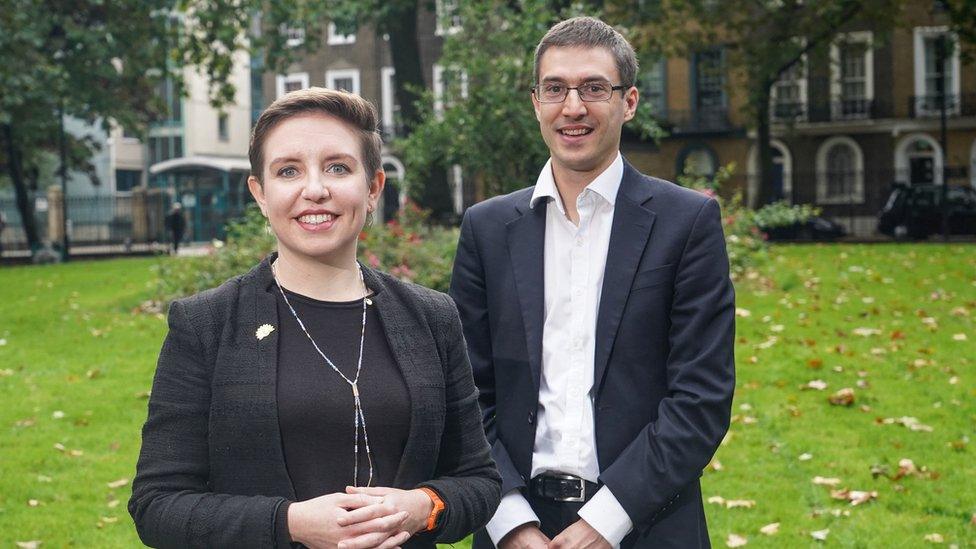
Carla Denyer and Adrian Ramsay are in charge of the Green Party.
The Green Party have called for a tax on the wealthiest 1% of the population to invest the money into renewable energy and home insulation - material which helps to keep things warmer.
They say that better insulated homes could save people hundreds or thousands of pounds per year.
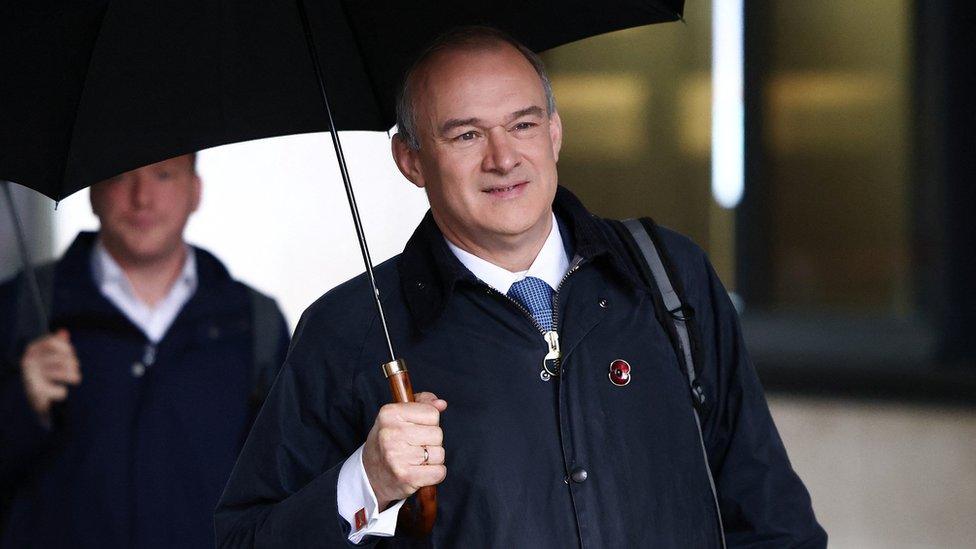
Sir Ed Davey is the leader for the Liberal Democrat party
The Liberal Democrats said they would like to introduce a scheme to give extra money to help people struggling to pay their mortgages. A mortgage is a legal agreement that allows people to borrow a lot of money from banks to buy a home, which they then pay back over time.
The Lib Dems said the scheme would be paid for by reversing tax cuts for banks.
Scotland
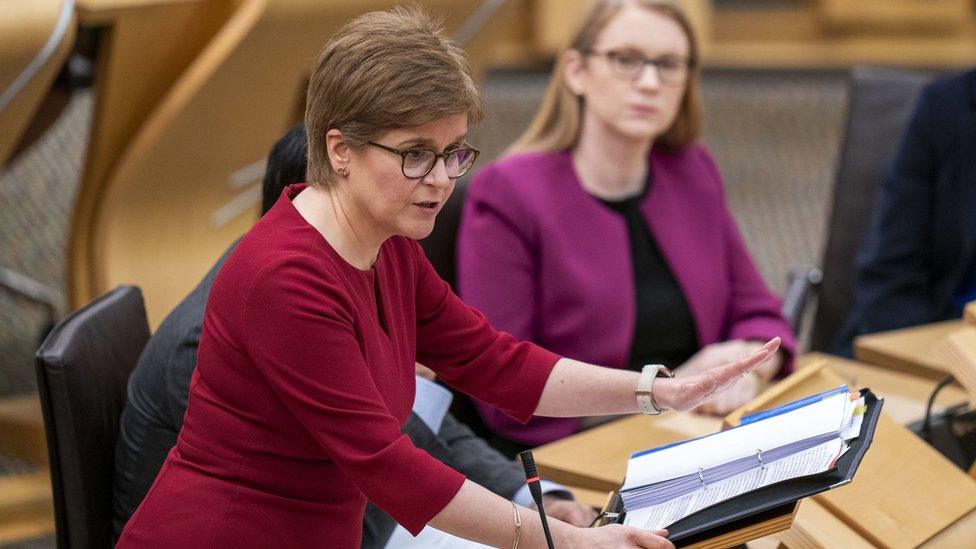
First Minister Nicola Sturgeon announced freezes to price increases.
The Scottish National Party (SNP) is currently the biggest party in the Scottish Parliament, and its leader is First Minister Nicola Sturgeon.
Earlier this year she announced that rents would be frozen - meaning they would not increase - in Scotland. This would last until Spring next year.
Renting is when people live in a house or flat that is owned by someone else - a landlord - and they pay money - or rent - each month to live there.
She also announced that free school meals would now also be given to pupils in primary six and seven as well as primary one to five.
ScotRail train fares would also be kept the same until at least March 2023.
The Scottish Conservative leader Douglas Ross said the programme "falls woefully short".
He called for the Scottish and UK governments to "tackle the cost of living crisis jointly together".
Scottish Labour leader Anas Sarwar said the government "needs to go further and go faster to avert this crisis".
"You need a UK government to step in right now to impose an energy price freeze and a windfall tax, and you need an emergency cost of living act in Scotland right now to put more money in people's pockets," he said.
Wales
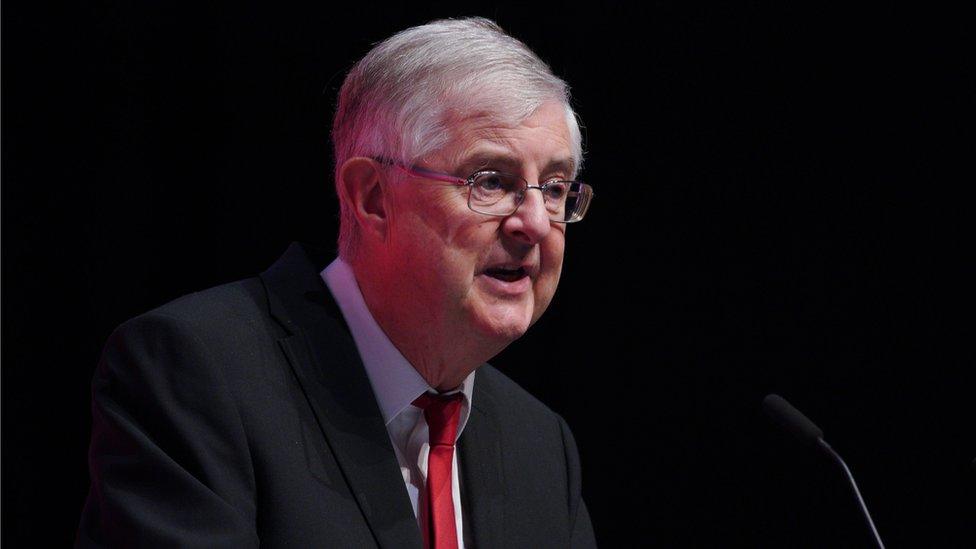
First Minister Mark Drakeford has announced extra money for fuel this winter
In the Senedd (Welsh Parliament), First Minister Mark Drakeford of the Labour party is in power.
Earlier this year, he announced that people in Wales would get an extra £200 to help pay for fuel this winter, on top of the £400 from the UK Government.
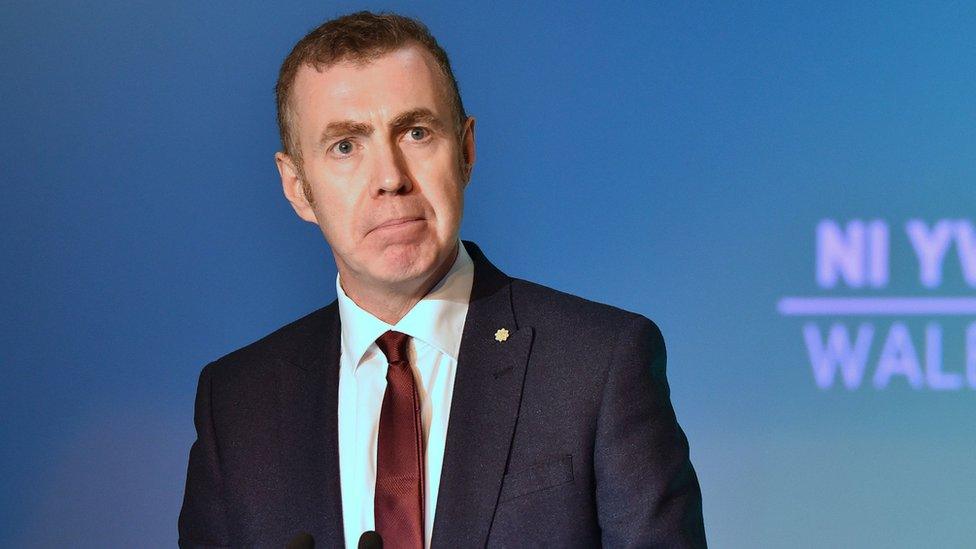
Plaid Cymru leader Adam Price wants to lower bills
The party Plaid Cymru said that it wants to cut bills back to the lower price cap of £1,277 a year which was in place last winter.
They say they would also freeze rail ticket prices, make sure bus journeys don't cost more than £2 and increase free school meals to all secondary school pupils.
The party says this would be paid for by increasing the Welsh levels of income tax.
Northern Ireland
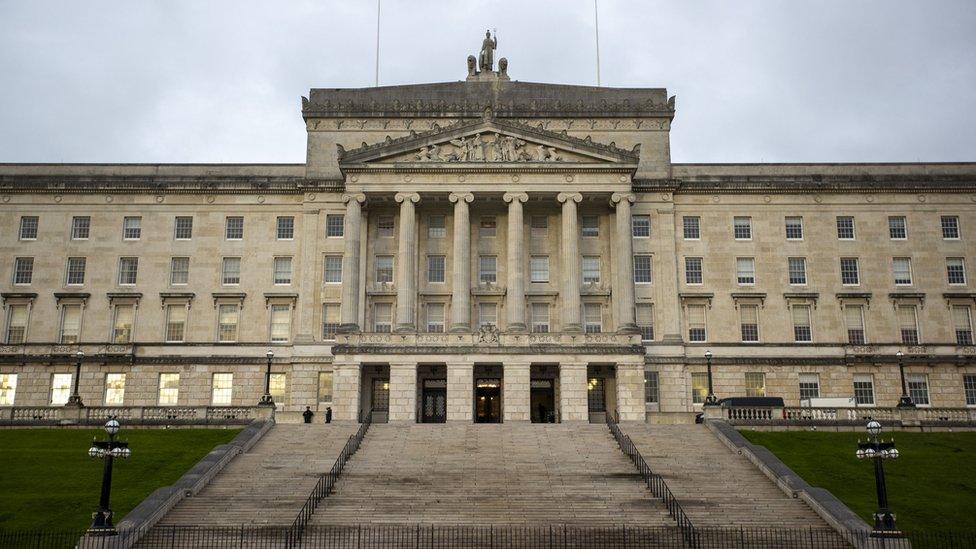
Earlier this year, Sinn Féin announced an Energy Bill Support Scheme.
As part of the scheme people in Northern Ireland would receive £600 to help cover the cost of energy bills. However this has been delayed until January while the members of the Northern Ireland Assembly parliament elect a Speaker.
BBC's Ireland correspondent Emma Vardy explains why the government wants to change NI Brexit deal
The Democratic Unionist Party (DUP) says that household bills are being directly impacted by the Northern Ireland Protocol.
It says that it is making the situation worse for people there and is calling for immediate action on this.
The party also supports a windfall tax - which is a one-off tax that a company is ordered to pay by a government - on the energy companies.
- Published6 October 2022
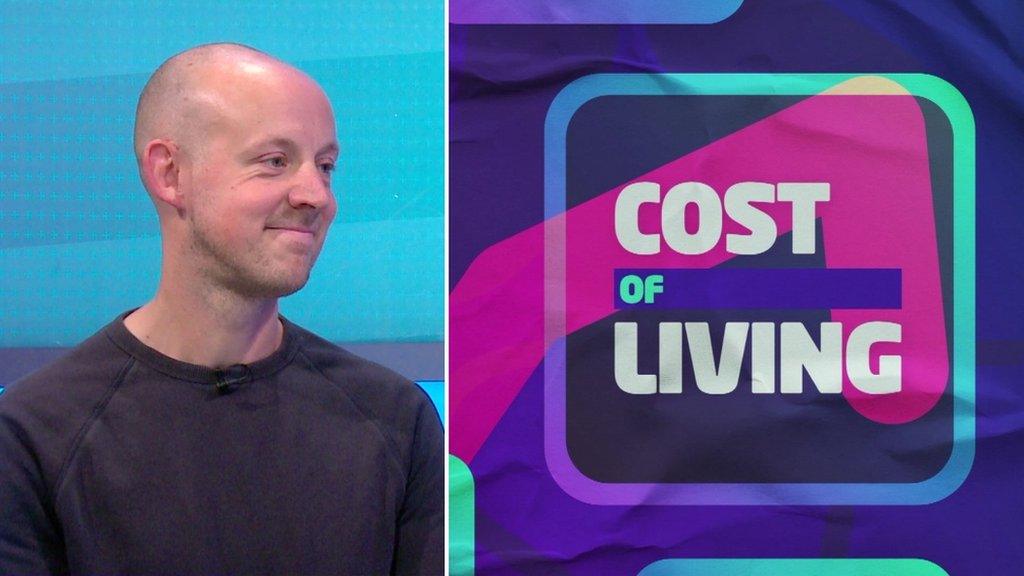
- Published17 November 2022
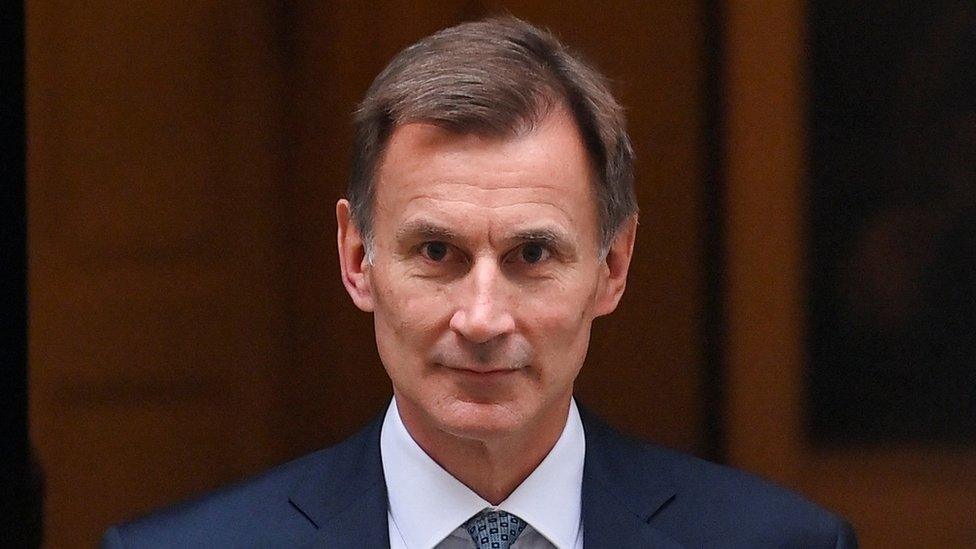
- Published22 December 2023
